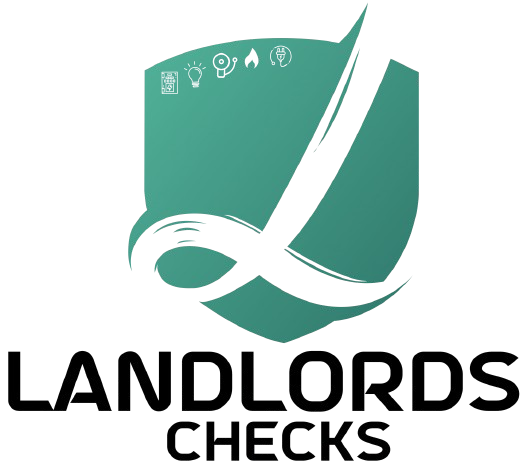In the modern age, where electricity is an indispensable part of daily life, ensuring the safety of electrical installations is paramount. An Electrical Safety Certificate serves as a crucial document, providing peace of mind to homeowners, landlords, and tenants alike. This article delves into the significance of an Electrical Safety Certificate, its purpose, and the benefits it brings to individuals and properties.
1. Understanding the Electrical Safety Certificate:
An Electrical Safety Certificate, also known as an Electrical Installation Condition Report (EICR), is an official document issued after a thorough inspection of a property’s electrical installations. This inspection is conducted by a qualified and registered electrician, ensuring compliance with safety standards outlined in the Wiring Regulations (BS 7671).
2. The Purpose of an Electrical Safety Certificate:
-
Safety Assurance: The primary purpose of an Electrical Safety Certificate is to verify that the electrical installations in a property are safe for use. This includes checking the wiring, sockets, switches, and other electrical components to identify potential hazards.
-
Compliance with Regulations: An Electrical Safety Certificate ensures that the electrical installations adhere to the legal safety standards and regulations. For landlords and homeowners, compliance is not just a matter of responsibility but a legal requirement.
3. Importance for Landlords:
For landlords, an up-to-date Electrical Safety Certificate is essential for several reasons:
-
Legal Requirement: Since June 2020, landlords in England have been obligated to ensure that electrical installations in their properties are inspected and tested by a qualified electrician every five years.
-
Tenant Safety: The safety of tenants is a top priority. An Electrical Safety Certificate provides assurance that the electrical systems are in good condition, reducing the risk of electrical accidents.
-
Property Value: An updated Electrical Safety Certificate enhances the overall value of the property. Prospective tenants are more likely to choose a residence with documented electrical safety.
4. Benefits for Homeowners:
For homeowners, obtaining an Electrical Safety Certificate is not only about meeting legal requirements but also about ensuring the well-being of their families and protecting their property:
-
Preventive Maintenance: The inspection process can identify potential issues before they become serious problems, allowing homeowners to address them proactively.
-
Resale Value: Having a valid Electrical Safety Certificate can positively impact the resale value of a property. It demonstrates to potential buyers that the electrical installations are in good condition.
5. The Inspection Process:
During an Electrical Safety Certificate inspection, the electrician will examine various aspects of the electrical system, including:
-
Wiring Condition: Checking for wear and tear, damage, or any signs of overheating.
-
Socket Outlets and Switches: Ensuring they are in good working order and not posing any safety risks.
-
Consumer Unit (Fuse Box): Verifying its condition and adequacy for the property’s electrical demand.
6. Conclusion:
In conclusion, an Electrical Safety Certificate is more than just a piece of paper; it is a testament to the commitment to safety and the well-being of individuals. Whether you are a landlord fulfilling legal obligations or a homeowner seeking to ensure the safety of your family, investing in an Electrical Safety Certificate is a proactive step towards a secure and reliable electrical infrastructure. It’s not just a certificate; it’s peace of mind in a wired world.





